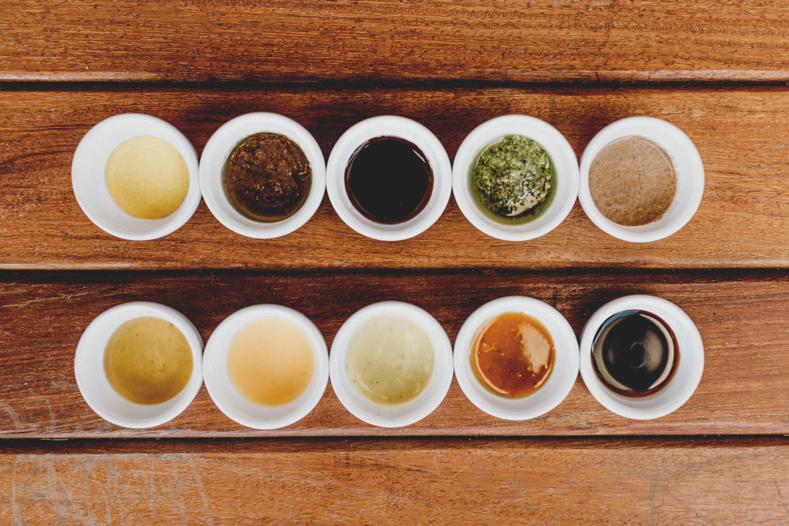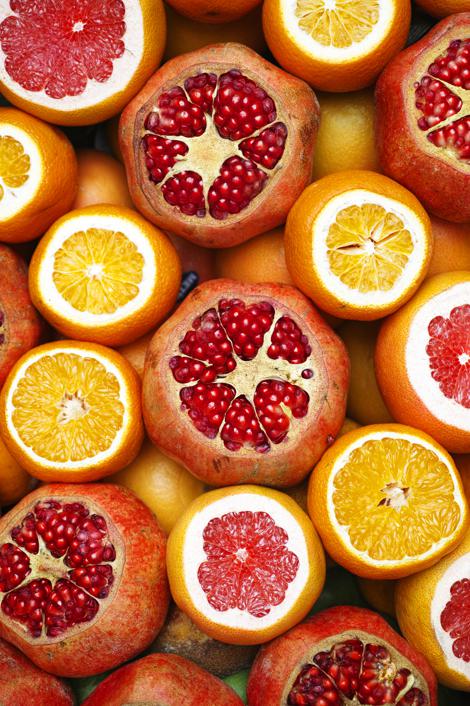Fermented Foods And Probiotics For Gut Health
Fermented foods and probiotics have long been known to benefit gut health, but recently they have been gaining more and more attention as a healthy dietary addition. In this blog, we will explore the science behind fermented foods and probiotics, their potential health benefits, and how to incorporate them into your diet.
The benefits of fermented foods and probiotics


Fermented foods and probiotics are two of the most popular health trends of the past few years. But why?
Fermented foods, such as yogurt, kefir, sauerkraut, and kimchi, contain probiotics, which are beneficial bacteria that help promote gut health. These friendly bacteria help your digestive system break down food more efficiently, as well as support your immune system, among other things.
Probiotics also help maintain a healthy balance of bacteria in your gut, which can help prevent illnesses and keep your digestion functioning properly. So, if you’re looking to improve your gut health, adding fermented foods and probiotics to your diet is a great place to start!
Types of fermented foods and probiotics


Fermented foods and probiotics are a great way to promote gut health. Not only do they add a delicious flavor to your diet, but they also provide beneficial bacteria and other compounds that can help balance the bacterial population of your gut.
Fermented foods like yogurt, kimchi, sauerkraut, kombucha, and miso are all great sources of probiotics. Probiotics are beneficial bacteria that can help with digestion, immune regulation, and overall health. In addition, other fermented foods like tempeh, kefir, and pickles contain beneficial compounds like prebiotics and enzymes that can help keep your gut balanced and healthy.
Incorporating these foods into your diet can be a great way to optimize your gut health and overall wellness.
How to incorporate fermented foods and probiotics into your diet


Making fermented foods and probiotics part of your diet can be a great way to improve your gut health. Fermented foods, like yogurt, kimchi, and sauerkraut, are rich in beneficial bacteria that help promote the growth of healthy gut flora.
Probiotics, on the other hand, are live microorganisms that can provide similar benefits. Combining these two elements into your diet can be a simple and delicious way to improve your gut health. You can start by introducing small amounts of fermented foods and probiotics into your diet, such as adding a dollop of yogurt to your morning smoothie or adding a sprinkle of probiotics to your salad.
As your body adjusts to the new foods, you can gradually increase the amount. With a little bit of creativity and experimentation, incorporating fermented foods and probiotics into your diet can be an easy and delicious way to improve your gut health.
The risks and side effects of fermented foods and probiotics


Fermented foods and probiotics have become increasingly popular in recent years, as people look for ways to improve their gut health. But while they may offer some benefits, they can also come with risks and side effects. Fermented foods, like sauerkraut and kimchi, may contain high levels of histamine, which can trigger migraines, skin rashes, and other allergic reactions.
Additionally, probiotics may not be suitable for those with weakened immune systems or medical conditions such as Crohn’s disease. It’s important to discuss any potential risks with your doctor before consuming fermented foods or probiotics.
Recipes featuring fermented foods and probiotics


Fermented foods and probiotics are some of the most powerful tools for promoting gut health. From sauerkraut and kimchi to kefir and kombucha, these foods are packed with beneficial bacteria that can help restore balance in the gut and maintain a healthy digestive system.
Not only do these foods provide probiotics, they also contain other health-promoting nutrients like antioxidants, vitamins, and minerals. Here, we explore the amazing benefits of incorporating fermented foods and probiotics into your diet, as well as some delicious recipes to help get you started.
Bottom Line
In conclusion, it is evident that fermented foods and probiotics can be beneficial for gut health. Fermented foods provide beneficial bacteria, which help improve digestion, aid in nutrient absorption, and help to maintain a healthy balance of gut bacteria.
Eating a variety of fermented foods and taking probiotic supplements can be a great way to improve gut health and overall wellness.







